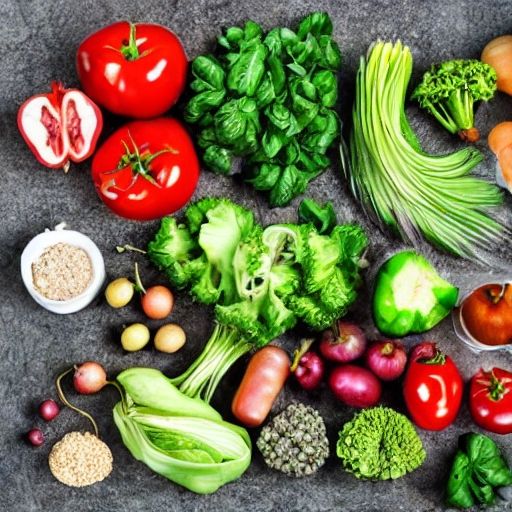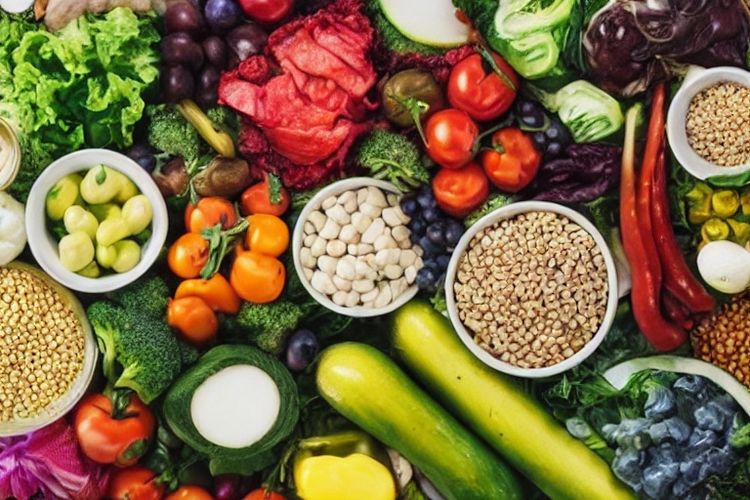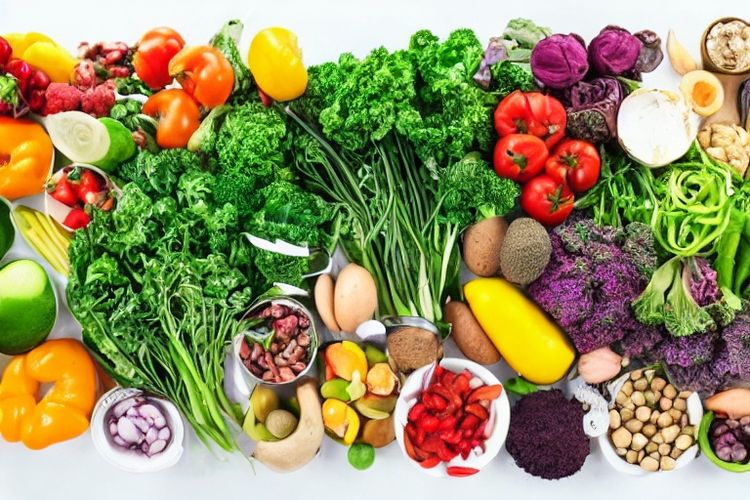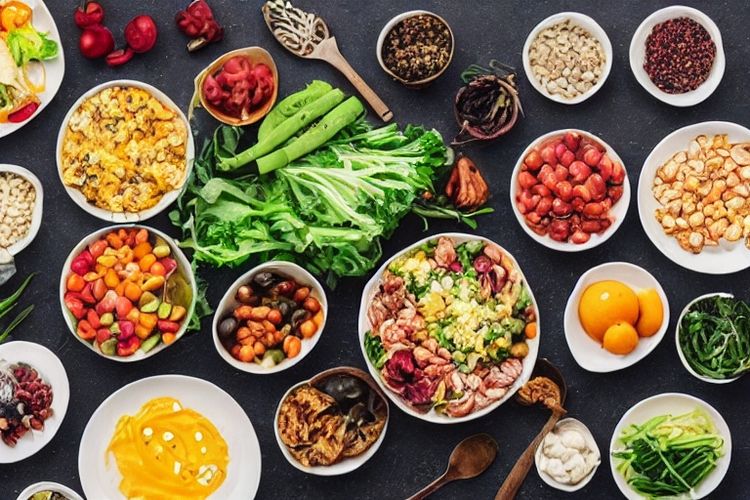Carb Counting meets Plant Passion: Exploring the Low Carb Keto Diet for Vegetarians

Carb Counting meets Plant Passion: Exploring the Low Carb Keto Diet for Vegetarians
The ketogenic diet has gained immense popularity in recent years for its potential in promoting weight loss and improving overall health. With its emphasis on high-fat and low-carb foods, the keto diet offers a unique way to shift your body into a state of ketosis, where it uses fats for fuel instead of carbohydrates. But what if you’re a vegetarian and want to adopt this diet? Can you still reap the benefits while adhering to your plant-based lifestyle? The answer is a resounding yes – welcome to the low carb keto diet for vegetarians.
The basic premise of the low carb keto diet for vegetarians isn’t too dissimilar from the standard keto diet. The key difference lies in the protein sources. While the traditional keto diet places a heavy emphasis on animal proteins, such as meat, poultry, and fish, a vegetarian keto diet replaces these with plant-based proteins.
So, what staples should you include in your vegetarian ketogenic diet? Let’s look at a few low-carb, high-fat foods that are both vegetarian-friendly and keto-approved:
1. Avocados: These creamy green fruits are packed with healthy fats, making them an excellent addition to any vegetarian keto diet. Avocados are not only delicious but also a great source of fiber, essential vitamins, and minerals.
2. Coconut oil: A staple in the keto community, coconut oil is a fantastic source of medium-chain triglycerides (MCTs) that are easily converted into ketones by the liver. Use it for frying, baking, or even adding to your coffee for an energy boost.
3. Eggs: A vegetarian keto dream food, eggs are incredibly versatile and packed with essential nutrients. They are an excellent source of high-quality protein, healthy fats, and a wide range of vitamins and minerals.
4. Leafy greens: Loaded with fiber, vitamins, and minerals, leafy greens such as spinach, kale, and Swiss chard are low in carbs and perfect for a vegetarian keto diet. They are also a great way to add variety, color, and texture to your meals.
5. Nuts and seeds: Opt for almonds, cashews, macadamia nuts, chia seeds, and flaxseeds in your vegetarian keto diet. They offer a combination of healthy fats, protein, and fiber, which help keep you satiated and energized throughout the day.
6. Non-starchy vegetables: As a vegetarian, non-starchy vegetables like broccoli, cauliflower, zucchini, and bell peppers should be your go-to choices. These vegetables are low in carbs, high in fiber, and packed with essential nutrients to support your overall health.
With a myriad of delicious options available, adopting a vegetarian keto diet has never been easier. However, it’s important to remember that balance and variety play a crucial role in any diet. Just like any other diet, focusing on a single food group is not the answer. Make sure you incorporate a wide range of plant-based proteins, healthy fats, and nutrient-dense vegetables to ensure you get all the essential nutrients your body needs.
Also, keep in mind that tracking your carb intake remains a vital aspect of the vegetarian keto diet. Aim to consume around 20-50 grams of carbs per day to achieve and maintain ketosis. This might involve paying attention to portion sizes, reading food labels carefully, and using tracking apps or tools to monitor your daily carbohydrate intake.
In conclusion, the low carb keto diet for vegetarians offers a unique way to combine the benefits of both lifestyles. By focusing on plant-based proteins, healthy fats, and low-carb vegetables, you can reap the rewards of ketosis while maintaining your vegetarian principles. Remember, consult with a healthcare professional or registered dietitian to personalize your diet and ensure you are meeting all your nutritional needs. So, go ahead and embark on this exciting journey that brings together carb counting and your plant-based passion!



